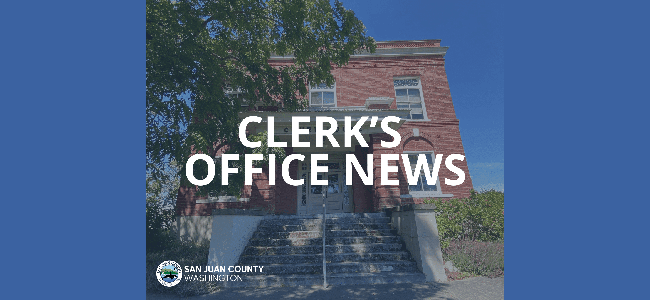A Canadian naval vessel had engaged in sonar training just days before a female orca, who might have bred and helped with L pod’s recovery, washed up on the coast.
From Crosscut.com and Green Acre Radio
By Martha Raskin
The death of a female orca off the coast this week and recent use of high frequency sonar by the Canadian Navy has whale advocates on high alert. The National Resource Defense Council plans to appeal the action to the Canadian and U.S. governments. The burning question, why was sonar known to cause internal stress and sometimes death, allowed in coastal waters designated as critical habitat for endangered orcas?
It’s been a tough week for those committed to protecting the state’s endangered southern resident orcas. First the Canadian Navy engaged in high frequency sonar testing in Haro Strait and the Strait of Juan de Fuca. Then, five days later, a female orca washed ashore near Long Beach. Whale advocates don’t know for sure whether the two are linked, but remain anxious and more committed than ever to monitor the movement of all orcas.
“We’re headed over toward Canada. We’re leaving Snug Harbor Marina which is on the Northwest side of San Juan Island, Washington, three miles from the Canadian border.” Captain Jim with Maya’s Whale Watch guides his boat, The Peregrine. Transient orcas were spotted earlier in the day and resident orcas from K and L pods a few days earlier. He and Jeanne Hyde scan the waters for dorsal fins. “They are all the humans of the sea,” Hyde says. “They’re just whales raising their families. The males never leave their moms in in the southern resident community. They look for food. They play. They travel. They rest together.”
Hyde is a volunteer with the Salish Sea Hydrophone Network, an audio network that tracks underwater sounds from whales to ships.
(To read the full article, go to crosscut.com/2012/02/18/animals-wildlife/21971/Green-Acre-Radio:-Military-sonar-in-use-shortly-before-orca-s-death )
Green Acre Radio is supported by the Human Links Foundation. Engineering by CJ Lazenby. Produced through the Jack Straw Foundation and KBCS.
Martha Baskin is an environmental reporter, whose work on the subject began with a project for the King Conservation District. Green Acre Radio was born shortly afterwards. She was one of the founding reporters for Pacifica’s Free Speech Radio News and has been a contributor to the National Radio Project’s Making Contact.
**If you are reading theOrcasonian for free, thank your fellow islanders. If you would like to support theOrcasonian CLICK HERE to set your modestly-priced, voluntary subscription. Otherwise, no worries; we’re happy to share with you.**






